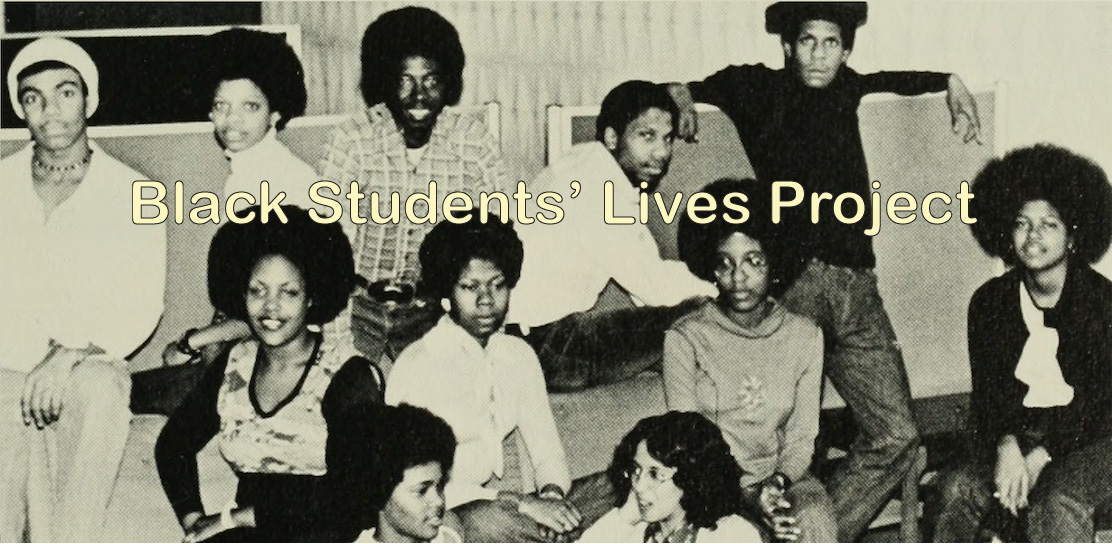Minister recognized for strides in racism
Title
Minister recognized for strides in racism
Subject
Fight against racism, equality,
Description
Someone has rediscovered the entries of Benjamin Tucker Tanner. A minister who has fought for equality in the 90th century.
Creator
Tara Rodman
Source
The Quad
Publisher
Special Collections, Francis Harvey Green Library, West Chester University.
Date
April 26, 1994
Contributor
Christopher Malampy
Rights
Digital images in Library Services' Digital Collections are issued by Special Collections, Francis Harvey Green Library, West Chester University. Images are provided for non-commercial, educational, and personal use only, and are not intended for reproduction or redistribution. For the above purposes the user may reproduce these materials (by download, printing, etc.) without further permission, on the condition that proper attribution of the source for all copies is provided by clearly acknowledging the name of the Library, the title of the web page or resource and the URL at which it was located, please credit as follows: Special Collections, Francis Harvey Green Library, West Chester University, West Chester, Pennsylvania. For questions regarding use of digital materials contact Special Collections (libspeccol@wcupa.edu or 610-436-3456).
Identifier
https://digital.klnpa.org/digital/collection/wcnp01/id/23314
Text
Benjamin Tucker Tanner, minister and journalist, has gone unrecognized far too long, said Dr. William Seraile last Tuesday in the Special Collections Room of the Francis Harvey Green Library. Seraile, part of the Visiting Minority Scholar Program, wrote "The Paradox of Race: Benjamin Tanner, Philadelphia Minister." "Tanner was born in Pittsburgh, Pennsylvania on December 25, 1860. His father died when Tanner was still young," he said, "and his mother, Isabella Tanner was described by him as 'unusually religious,' a 'born leader.'" Seraile said circumstances forced Tanner to leave home for employment as a barber in Chicago. "Tanner began a diary in January, 1851, with many entries about work in the barber shops, current political and economical events, issues that he would pursue in his writings as editor of the Christian Reconfer(lB6B-1884)andtheAA/.£.Church Review (1884-1888)," said Seraile. "Tanner's editorials called for self-reliance, thriftiness, political empowerment, women's rights, community buildings, mission work in the Caribbean and Africa," he said. In 1988, Tanner was elected bishop in the A.M.E. Church, a position he held until his retirement in 1908. Tanner served the church in Canada, Bermuda, New England, Tennessee, Florida, Colorado and the mid-Atlantic states. He also said, "His devotion to the theology was reflected by the numerous poems he wrote for The Christian Recorder and A.M.E. Church Review. "Tanner died in 1923 after committing 67 years to African Methodism as a pastor, author, editor and bishop," he said. "Tanner's published writings certainly place him among the leadership of the nineteenth century black American and his views on race matters have echoed long after his death," Seraile said in closing.
Files
Reference
Tara Rodman 1994, Minister recognized for strides in racism, Special Collections, Francis Harvey Green Library, West Chester University.


